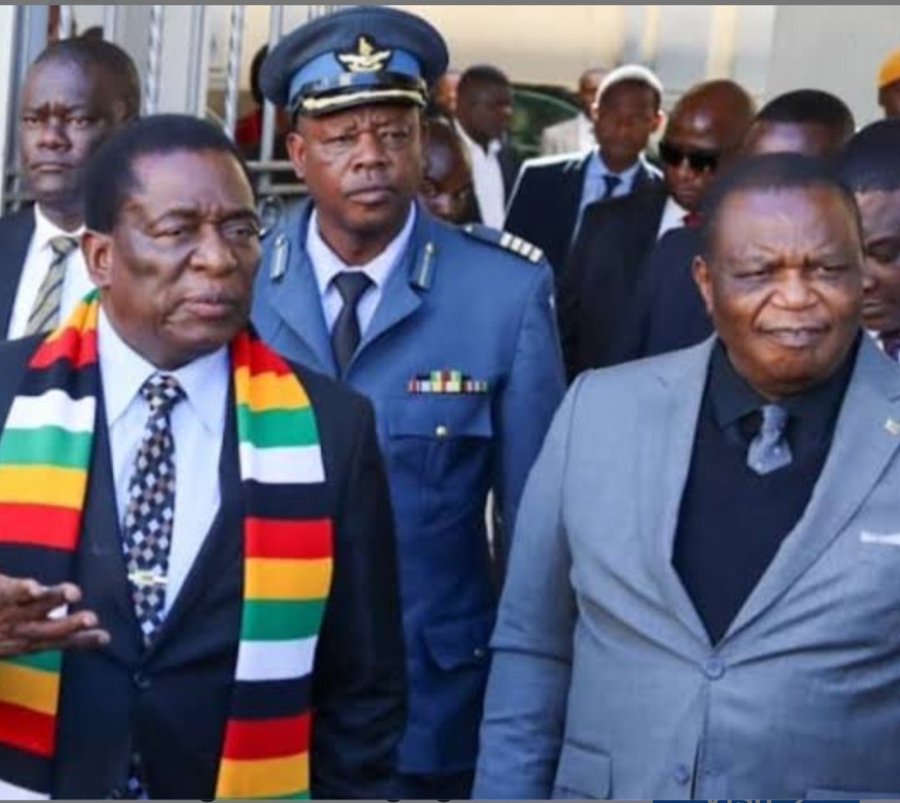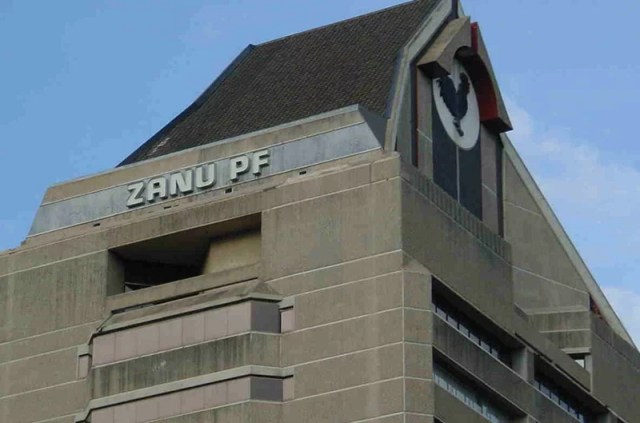ZIMBABWE’S CORRUPTION AND HUMAN RIGHTS CRISIS

In Zimbabwe, the country faces serious problems with corruption and human rights abuses. The 2023 Country Reports on Human Rights Practices show that these issues are everywhere, from small acts of corruption by local officials to major crimes by top political leaders. This has created a situation where those in power can act without fear of punishment, and the ordinary people feel hopeless.
Everyday corruption, known as petty corruption, happens all the time. It involves low and mid-level government workers, like police officers and local government officials, who misuse their power. This affects regular Zimbabweans in their daily lives. But the bigger problem is grand corruption, where top government officials are involved in large crimes like smuggling and money laundering.
The country has set up special anti-corruption courts in all of its 10 provinces to try to fight this corruption. But these courts face many problems. There are complaints that political interference is common, and it takes too long to finish big cases. There is also a practice called “catch and release,” where corrupt officials are arrested but then quickly released without any punishment. This makes the public lose trust in the legal system because justice is not served.
The Zimbabwe Anti-Corruption Commission (ZACC) is supposed to help stop corruption, but it does not have the power to prosecute anyone. It can only arrest people. In 2022, ZACC reported fewer corruption complaints, about 38% less than the year before, but there are still doubts about how effective the organization is in fighting corruption.
Another major issue was uncovered in a documentary by Al Jazeera called ‘Gold Mafia.’ This documentary showed a network of high-ranking officials involved in smuggling gold and laundering money using foreign banks. Some of these people are very close to President Emmerson Mnangagwa. This shows that corruption in Zimbabwe goes very deep, involving powerful people and even crossing the country’s borders.
The problem of human rights abuses is also very bad in Zimbabwe, especially in the country’s prisons. Prisons are overcrowded, with not enough food or water, and they have very bad conditions. Prisoners often face physical abuse. In some prisons, like Harare Remand Prison, there are far too many prisoners, and they live in terrible conditions. Violence and inhumane treatment happen every day.
Even worse, children under the age of four who are in prison with their mothers must share the very little food given to prisoners. This shows how badly the system treats even the youngest and most vulnerable people. These conditions go against basic human rights and show that the government is not taking care of its people.
Human rights problems also extend to politics. There are reports of illegal and politically motivated killings. An example is the killing of Persuade Mandara and the abduction and death of opposition activist Tapfumaneyi Masaya during election times. These killings show how dangerous it can be for people who are seen as threats to those in power.
The government is also known to go after non-governmental organizations (NGOs). They see these organizations as enemies, even though they often try to help improve governance. Human rights defenders face threats like raids, arrests, and surveillance. State media and social media platforms also help spread false information against these NGOs, especially if they get funding from Western countries.
As Zimbabwe prepares for elections, there are serious concerns about voters being intimidated, especially in rural areas. Groups like Forever Associates Zimbabwe (Faz), which is linked to national intelligence, are said to be involved in scaring voters to influence the election results. This makes it hard for Zimbabwe to have free and fair elections.
In the end, Zimbabwe is in a very difficult situation when it comes to human rights and justice. Corruption and abuse of power are everywhere, showing a crisis in how the country is run. Both local and international groups are calling for reforms, but it will take a lot of effort to make real changes. The future of the country depends on how these challenges are addressed.

